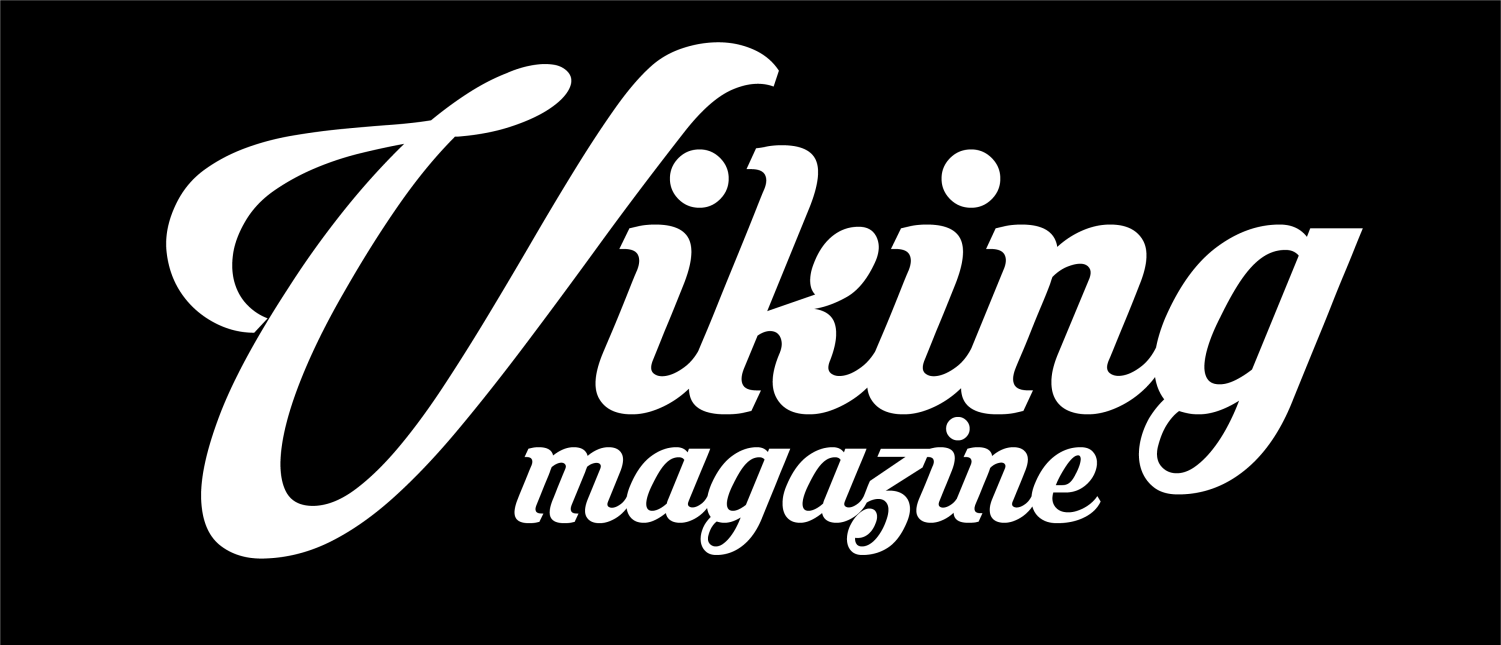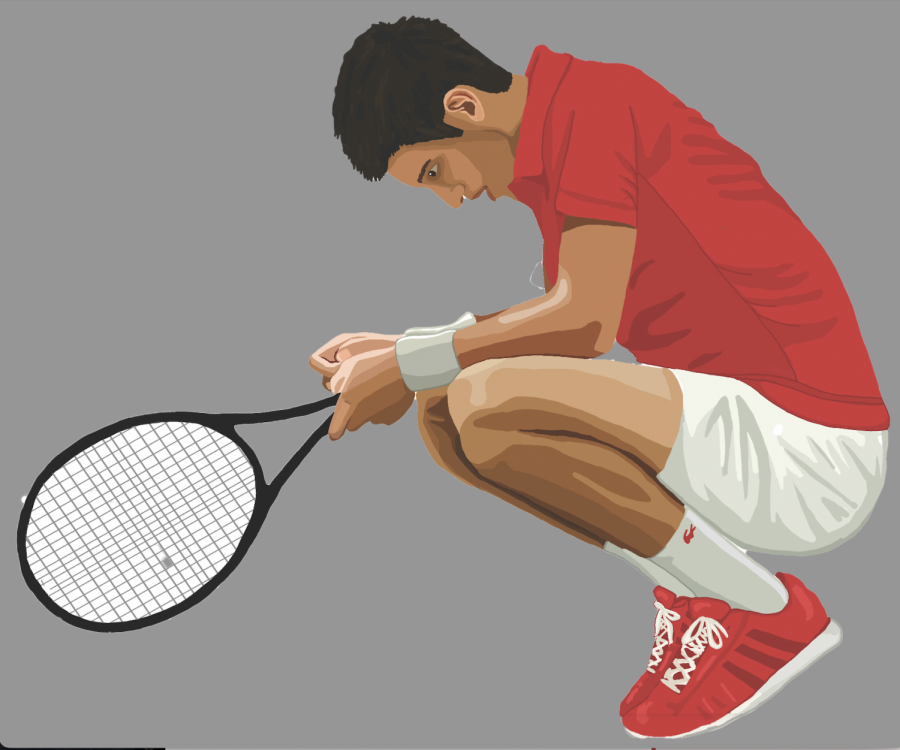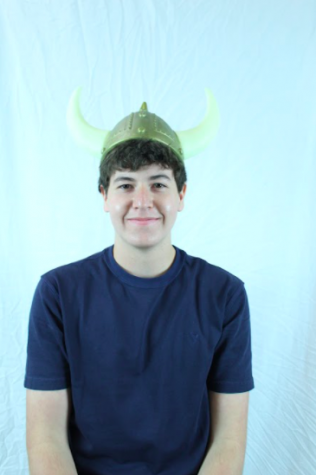Vax to the Max
It is no secret that the issue of vaccination has had a huge impact on the sports world. With the story of Novak Djokovic making global headlines, even more attention has been put on this topic in the realm of sports.
As a society, we have become accustomed to athletes getting away with just about anything they wish. While we often see players being convicted of domestic abuse, sexual assault, driving under the influence, and many more horrible crimes, it’s rare for them to make global news, with the misconduct of professional athletes going under the radar time after time. In recent news, however, it was hard to miss the story of Novak Djokovic, one of tennis’ all-time greats, who created one of the biggest sports sagas of all time. But it was not about an imprisonable offense, rather it was about a hot topic in today’s world: vaccination.
Prior to his arrival for the Australian Open, one of the four major tournaments in tennis, Djokovic filed for an exemption for the COVID-19 vaccination mandate in place for all participants of the tournament. It was clear to many from the start that the Australian government was not going to give in to just about anything to do with vaccination statuses, as they have been one of the strictest countries in the world throughout the pandemic.
Since he is the number one player in the world, he should take more responsibility in following the rules and setting an example for other players and people.
— Iris Li ('22)
Djokovic arrived in Australia but was denied entry into the country by border security and was placed in custody by the Australian officials, who cited that the tennis player did not have the authorized exemption from receiving the vaccine. He was then seen by a judge who approved his exemption but was taken back into custody by Australian authorities, after which he was sent to another judge that ended up denying him access into the country, inhibiting his ability to play in the tournament. Not only was Djokovic deported, but he was also banned from the country for three years, which means that he will not be able to participate in the next Australian open either.
Girls varsity tennis senior Iris Li took the side of the Australian government in the case against one of tennis’s biggest stars.
“I think it makes sense that Djokovic was denied entry to the [Australian Open]. Since he is the number one player in the world, he should take more responsibility in following the rules and setting an example for other players and people,” she said. “I know that Australia requires everyone to be vaccinated, and Djokovic was trying to find a way out of it. If he ended up playing, I think more individuals who are not vaccinated would excuse themselves for being unvaccinated.”
It was later also found that after Djokovic had tested positive for COVID-19 several months ago, he attended a press conference knowing he was positive. Not only did Djokovic put the reporters and other staff in the room with him at risk after the press conference, but he simply failed to isolate himself and went about his life as normal. With this lack of regard for other humans along with the story that transpired in the land down under, Djokovic earned the name of “Novax” a play on his first name.
Jokes aside, it has been made clear over the last half-decade or so, that sports and politics go hand-in-hand. Even though a few years ago vaccines would not have been such a politicized topic, they are now, which means that they are also a part of sports culture in the United States and around the world.
Almost every league in the world was in a frenzy when the coronavirus pandemic first started. When these leagues shut down and the athletes were forced out of competing, the phrase “anything to get back to playing” was extremely popular among professional and even amateur athletes, like high school students. But as time grew on and the world began to open back up, it seems like that idea of doing just about anything to get back onto that field, diamond, or court was completely forgotten.
Take for example Buffalo Bills wide receiver Cole Beasley, who is one of the most outspoken athletes in the United States about vaccination. Before the NFL finalized its COVID protocols for the 2021-2022 season, Beasley was interviewed and stated that he would retire before being forced to take the vaccine, if that was what the league would decide.
The NFL decided not to mandate vaccination for its players and staff but they did heavily recommend it, giving vaccinated players the freedom of going about their life like it was a normal season pre-COVID, while unvaccinated players had to wear masks indoors, not go out with their teammates when playing an away game, and quarantine if found in close contact with someone that had tested positive. Not to mention that they also had to get tested frequently while vaccinated players did not.
They did this by getting ahead of all the misinformation circulating online, bringing in professionals that did the research, were not a part of a company that had an interest in getting people vaccinated, and knew about the science behind the vaccines. By educating all personnel in the league, they were able to create a safe environment for people to feel comfortable to ask questions, and therefore people chose to get vaccinated.
The idea that getting vaccinated is far beyond a personal choice when you are part of a professional sports team has grown in recent times. Professional coaches such as one of the top soccer managers in the world, Jurgen Klopp, said he would not sign any players to his team that were not vaccinated. Paly’s very own soccer coach Rusty Millard also has opinions on what can change in terms of mandates and rules relating to COVID-19 in his own sports space at Paly.
“Ultimately, it’s people understanding and trusting the science,” Millard said. “I think again for us, even on the back of their training jerseys, it says 11 playing as one…everything we try to do is collectively… so it comes down to taking care of our bodies and being healthy.”
That brings forward the idea of separating getting vaccinated from a personal choice into being a good teammate and a good team player onto an extreme level. For a coach to directly say that he would not seek to sign unvaccinated players and would reject them from his squad indicates that there are coaches that believe that you have to make sacrifices to be part of a team and that getting vaccinated is one of those things.
Ultimately, it’s people understanding and trusting the science.
— Coach Rusty Millard
“I don’t think I would go that far and say that vaccines should be mandated, but I have been very surprised that there has not been mandated testing weekly,” Millard said.
Vaccination and mandates are not just a big issue in professional sports, but also in high school sports, and even more specifically at Paly.
To all of those in the Paly community, the weeks following winter break were known to be some of the most devastating COVID-wise the school had ever seen, with hundreds of students and faculty – many of whom are involved in athletics.
Li believes that the necessary course of action is more extreme than what exists as of now.
“I personally would be more comfortable if [people that refuse to get vaccinated] have a reason but other than that vaccination (in high school sports) should be mandatory,” she said.
Even for high school athletes that play a socially distanced sport like tennis, the feeling is that more needs to be done to protect high school athletes while competing. Although it is not as controlled of a setting, high school sports leagues can learn a lot from how the WNBA was able to protect its personnel.
The idea of vaccination in sports has become a highly-contested topic just as it has in the rest of society. There is not a concrete solution to the debate but both professional and amateur athletes have been sure to make their voices heard. The future reality of vaccination in sports lies within the players themselves. Whether it comes down to being a good teammate, sacrificing for others, or maintaining the mindset of freedom of choice, one thing is for certain: the debate surrounding vaccines in the sports world isn’t going away.





